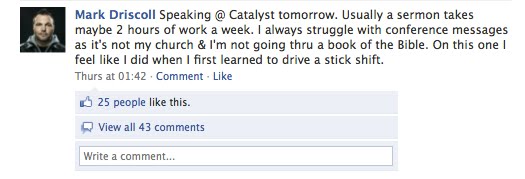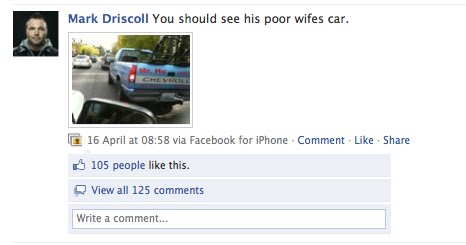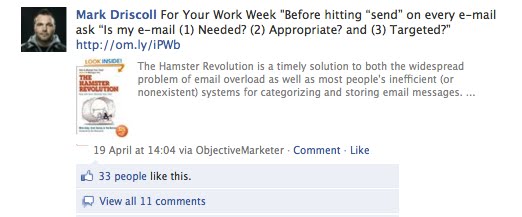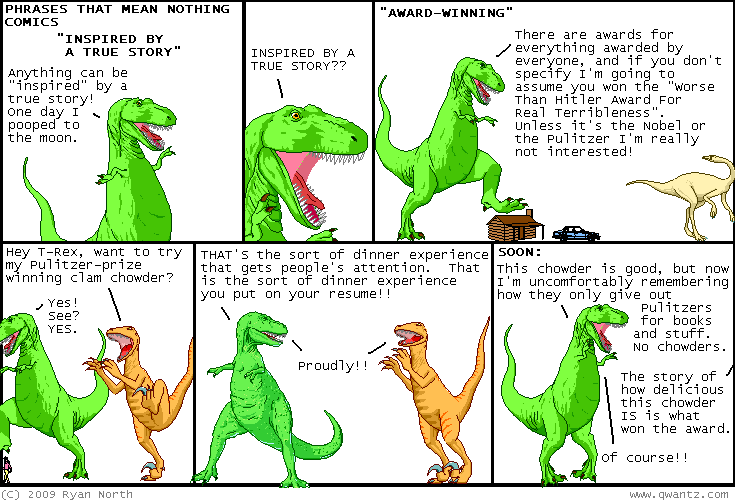Australian culture is renowned for tall poppy syndrome – we love cutting down the exalted. We’re a sea of lavender with no place for sunflowers. It’s the same in Christian circles as it is in the real world. We do it, but it seems we increasingly feel guilty about doing it. Is tall poppy syndrome a bad habit? I have to admit its one of my favourite things about our culture. We don’t like pretension. We don’t like big noters. We try to avoid blowing our own trumpets. But because we’re aware that this is a cultural foible it seems we’re trying to stamp it out.
When I posted about Mark Driscoll’s Facebook overadequacy (or perhaps short man syndrome) a couple of people immediately responded that this was “tall poppy syndrome” and that it was wrong. I suspect Driscoll himself would see it that way (except he pays no attention to bloggers or criticism).
Funnily, “tall poppy syndrome” was one of the 18 problems Driscoll diagnosed Australia with – could this be a self fulfilling prophecy? He knew we’d criticise him for being (metaphorically) big, loud and arrogant, so he circumvented that critique by making it a problem. Without really putting the case against it together. Here’s what he said:
“You suffer from tall poppy syndrome. You need to work this into your preaching and teaching so that people see that the tall poppy syndrome is a sin. Thinking that 1000 people in church is a high water mark is unhealthy. The culture generally chops down people who rise up, and the church does the same. That’s a sin. My church gives 10% to plant churches—$1.2 million this year.”
I don’t think tall poppy syndrome is about success. Aussies love a success story, especially a rags-to-riches success story. What we don’t like is people who brag about it. We don’t envy megachurches – we don’t like people who equate their success with their superiority and tell us about it. In short, and pardon my slang, we don’t like “wankers”… tall poppy syndrome is an issue if it’s just thinly-guised jealousy, and it often is. But when it’s pointing to something not quite right about somebody’s self promotion I think that’s ok. I think it’s better than that, I think it’s useful. Especially for those of us who aren’t perfect.
The important questions I think Christians need to answer before chopping a tall poppy to its knees is “who gave the growth” and “to whom is it being attributed” – I think if the answer to both those questions is clearly “God” then we should avoid tall poppyising. But if the answer is anything less – if there’s a skerric of self promotion involved with somebody’s “coaching” or in what they post online – I think we’re right to be a little cynical and to make a little noise.
On the question of Driscoll – God has clearly given him gifts, and his church is clearly growing, and he mostly attributes this appropriately. But it’s when he says stuff like this that I begin to ask questions:
I wrote this book while fathering five kids, pastoring Mars Hill, pursuing my wife, leading Acts 29, growing The Resurgence, traveling, doing media, and so forth. So, it was written in large part late at night, at Little League games, and on airplanes. In many ways, I guess I did my writing much like the apostles did their epistles—on the run, doing ministry.


















